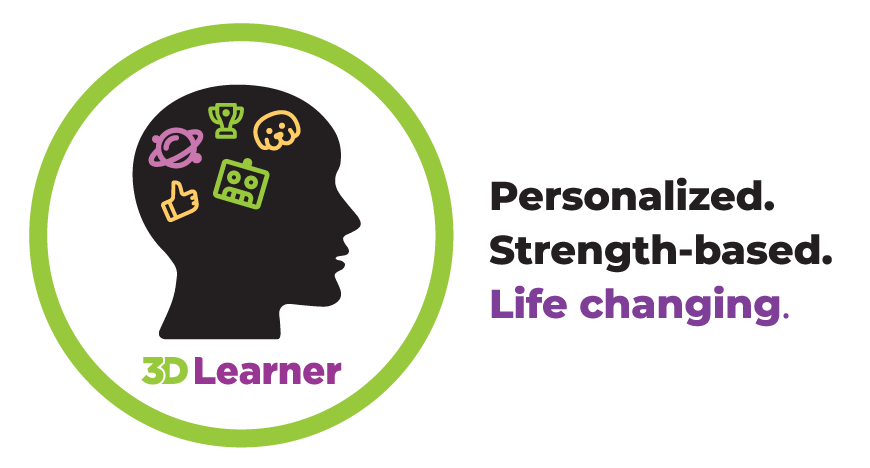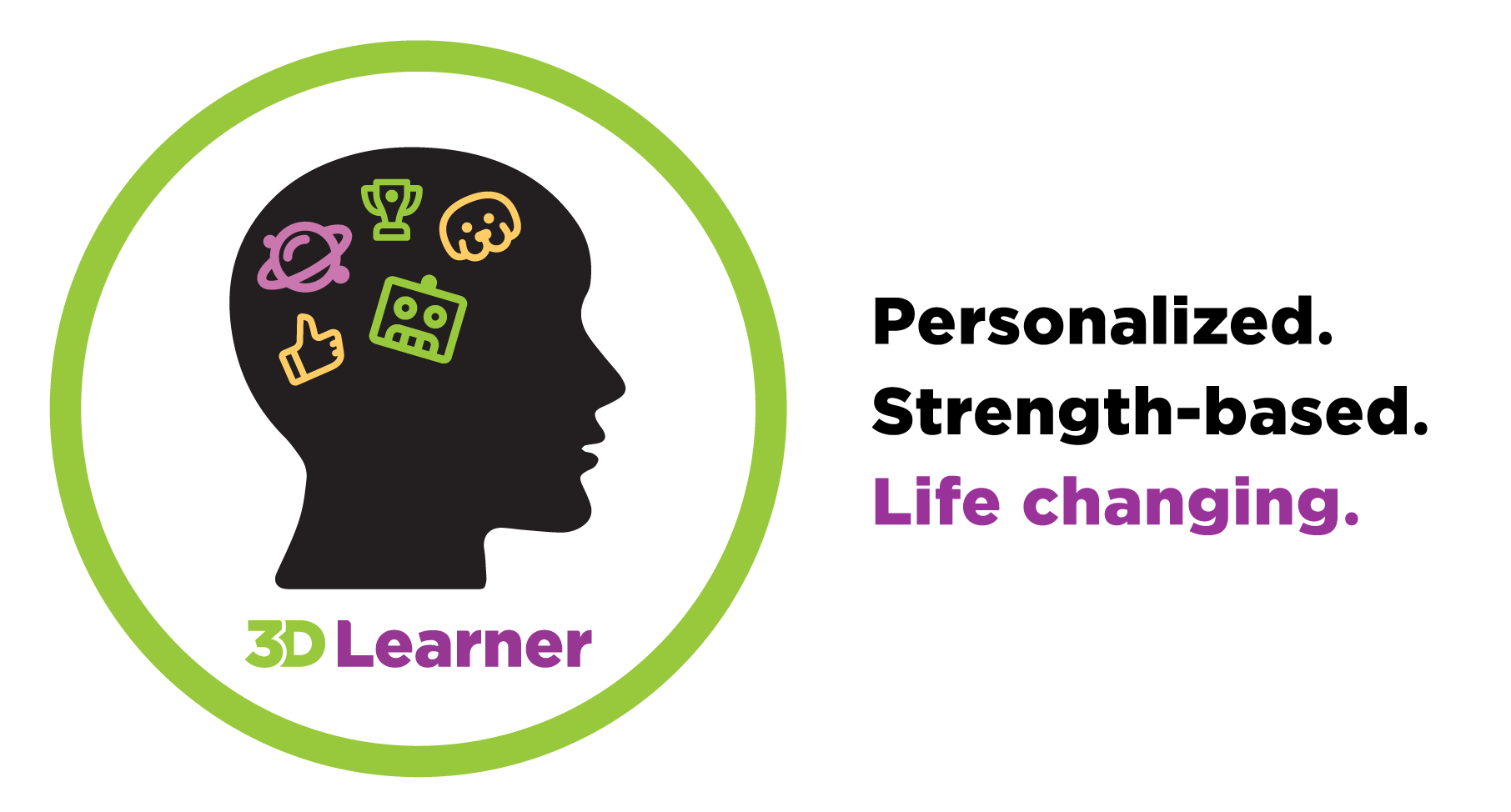
3 Parenting Challenges for Right Brain Kinesthetic Learners in Public or Charter School
Since writing “Is your child a bright right brain learner who is struggling in a public or charter school”, parents have shared 3 challenges they were having. These include:
- The school is still doing the RTI process and says it must be completed before they will evaluate my child. Is there any way to expedite the process to evaluate my child for special education services? I have heard that RTI cannot be used to delay or deny an evaluation, but I do not understand how I can expedite the process.
- The school is telling me that my child’s behavior problems have gotten worse in the last month. How can I get help from the school?
- My child is really struggling with reading, is there any scholarship help available? For Florida elementary school students in a public or charter school in grades K to 5 with a significant reading comprehension issue, there is more details below on the Florida Reading Scholarship.
We will continue to address questions parents share. You can either email us at info@3dlearner.com, or call us to discuss an issue at 561-61-7495.
RTI Cannot Be Used to Delay or Deny an Evaluation
The simple answer is RTI cannot be used to delay or deny an evaluation. Below we offer a brief explanation of the situation and a link to our webpage with more information.
In May of 2012, as a Parent Advocate for the National Center for Learning Disabilities, I found myself in a meeting with Melody Musgrove at the Federal Department of Education Headquarters in Washington DC. At that time Melody was the Director for the Federal Office for Special Education Programs (OSEP).
She asked if there were any questions and I asked, “Parents are being told that the Response to Intervention Process must be completed before the school will evaluate a child for special education services. Is there any way to expedite the process?”
Melody asked me, “Have you seen my memo on the subject?”
Not one of us had, but 5 minutes later her secretary brought us each a copy. It clearly states the RTI cannot be used to delay or deny an evaluation”.
This guidance is still the official OSEP position.
The RTI process is now called MTSS or Multi-tiered system of support.
This is a proactive process that is meant to help many more students succeed, without needing special education services. It is meant to identify a child in need of help/support starting in Kindergarten – so as not to “wait to fail” !!
We have a web page that provides:
- An explanation of the process
- A copy of Melody Musgrove’s letter
- A sample letter you can use
Click here to our post on RTI Cannot Be Used to Delay or Deny an Evaluation.
Where appropriate, we recommend that parents start the process ASAP.
If you would like to have a conversation on this matter, pleaser:
– Call us at 561-361-7495
– Click here to find a mutually agreeable time to Have a Conversation
Parenting The Right Brain Kinesthetic Learner, Address Behavior Problems ASAP
More and more students are experiencing frustration at school, as the work they are expected to complete is hard. Standards have not changed, but many medical/behavioral professionals are reporting that many children are experiencing anxiety and behavior problems as they are expected to “perform” at levels they cannot attain at the moment. In the post pandemic era, teachers and parents are seeing these behavior challenges and are not equipped with tools to handle them. We encourage parents to ask their child and their teacher to monitor these behaviors and keep the line of communication open. Sometimes there is a triggering event or misunderstanding in understanding directions that can easily be avoided.
If the problems persist, it often helps to request a Functional Behavior Assessment, or FBA. This is when a behavior specialist comes in and reviews what happened before, during and after an event. Then they make recommendations for the child, parents and teachers.
We had a case where the teacher would raise her voice when disciplining a specific student. That triggered an event, and it got worse when the teacher responded with a louder command. We are all human, and sometimes our responses are not taken like we want them to be. All of us have experienced some level of trauma- teachers included! Tone of voice and misunderstanding directions, creates more frustration than we know.
The behaviorist, or observer can share findings with the teacher, parents and student, and often these behavior challenges are greatly reduced.
More often, the behavior problems can be significantly reduced if one addresses the root causes of the issue. Common challenges include:
- Inattention and/or impulsive behavior
- Not understanding the material and acting out
Remember, a lot of foundational reading and writing skills might have been missed. Many of our kids are smart and have been able to “slide” by without being noticed–until the work starts to get really challenging.
- An undiagnosed auditory or visual processing issues that leads to disorientation and frustration and ends up with behavior problems
- A child having problems and the teacher and the student’s styes clashing
Our expertise is at identifying and addressing the key issues.
The biggest challenge is that if left unchecked, behavior problems often escalate.
If you would like to have a conversation on this matter, pleaser:
– Call us at 561-361-7495
– Click here to find a mutually agreeable time to Have a Conversation
Parenting The Right Brain Kinesthetic Learner When There is a Significant Reading Problem in Grades K to 5,
The $500 Florida Reading Scholarship May Be Available
For several years, Florida has offered a $500 Florida Reading Scholarship for elementary school students in public and charter schools who scored a Level 1 or Level 2 on the prior year’s English Assessment and are still in 3rd through 5th grades at a public or charter school.
This year, they have extended the program to include students:
- In grades K to 2 who have been identified with a significant reading deficiency. See comprehensive description at the bottom of this blog post (a)
- Grades 3-5 who score a Level 1 or Level 2 on the Grades 3-10 FAST ELA Reading for Progress Monitoring 1 (PM1), PM2 or PM3 in 2022-2023. These are the new tests that are replacing the single high stakes test.
Step Up for Students administers this program. Here is a link to their page on the Florida Reading Scholarship where you can get more information and apply for the scholarship.
3D Learner is an approved provider for the Florida Reading Scholarship and we can help students anywhere in Florida — with either live or zoom based training.
If you would like to have a conversation on this matter, pleaser:
– Call us at 561-361-7495
– Click here to find a mutually agreeable time to Have a Conversation
Defining a Reading Deficieny
A kindergarten through grade 3 student is identified as having a substantial deficiency in reading if any of the following criteria are met:
(a) The student scores at the lowest achievement level/benchmark as identified by the publisher during a universal screening period, on an assessment listed in the district’s approved District K-12 Comprehensive Evidence-Based Reading Plan; and beginning in 2022-2023 school year, students scoring at the lowest achievement level/benchmark on the coordinated screening and progress monitoring system pursuant to Section 1008.25(8), F.S.;
(b) The student scores at the lowest achievement level/benchmark as identified by the publisher during progress monitoring administration at any time during the school year, on an assessment listed in the district’s approved District K-12 Comprehensive Evidence-Based Reading Plan and beginning in 2022-2023 school year, students scoring at the lowest achievement level/benchmark on the coordinated screening and progress monitoring system pursuant to Section 1008.25(8), F.S.; or
(c) The student has demonstrated, through consecutive formative assessments or teacher observation data, minimum skill levels for reading competency in one or more of the areas of phonological awareness; phonics; vocabulary, including oral language skills; reading fluency; and reading comprehension.
If you would like to have a conversation on this matter, pleaser:
– Call us at 561-361-7495
– Click here to find a mutually agreeable time to Have a Conversation


Recent Comments